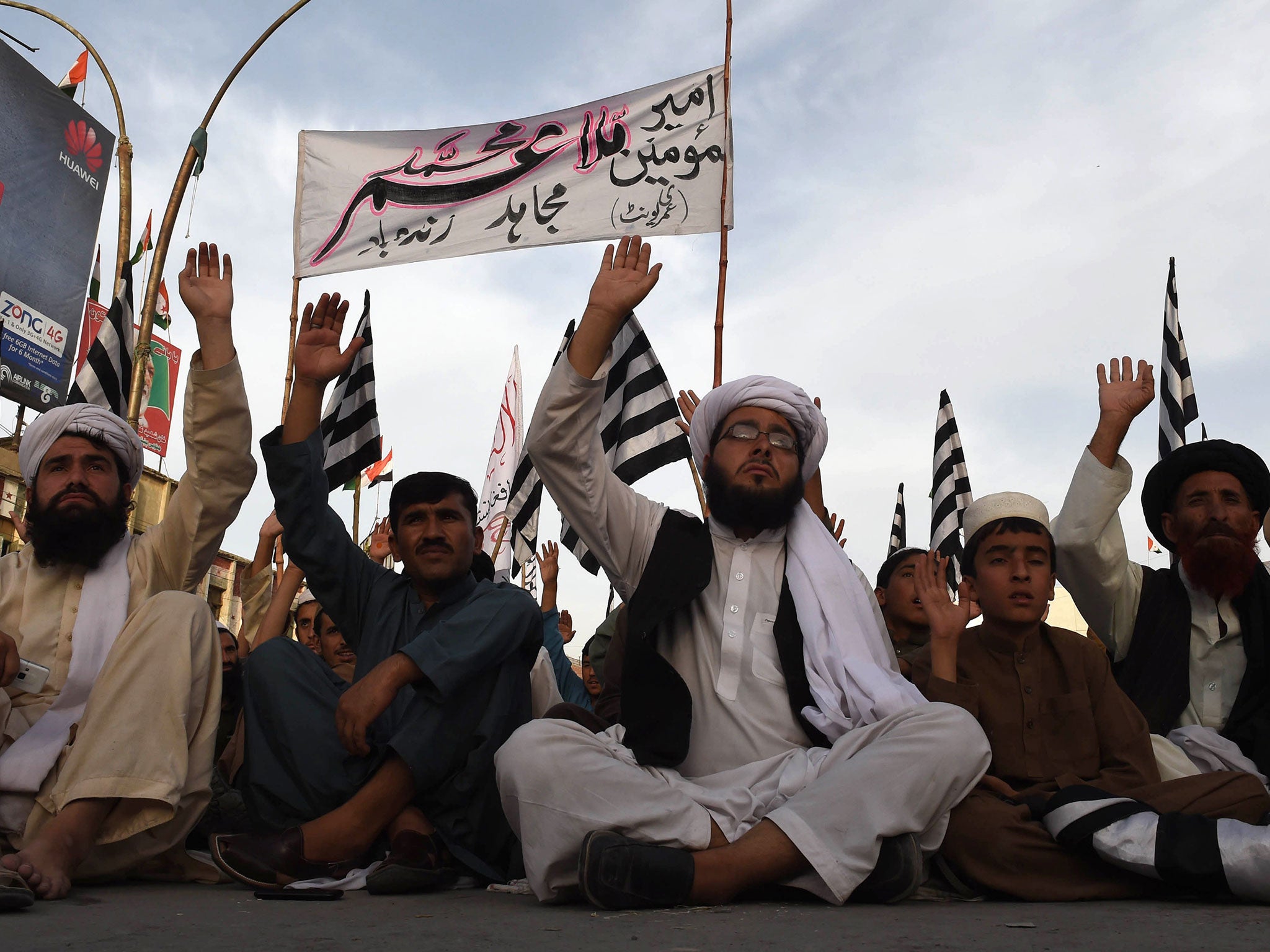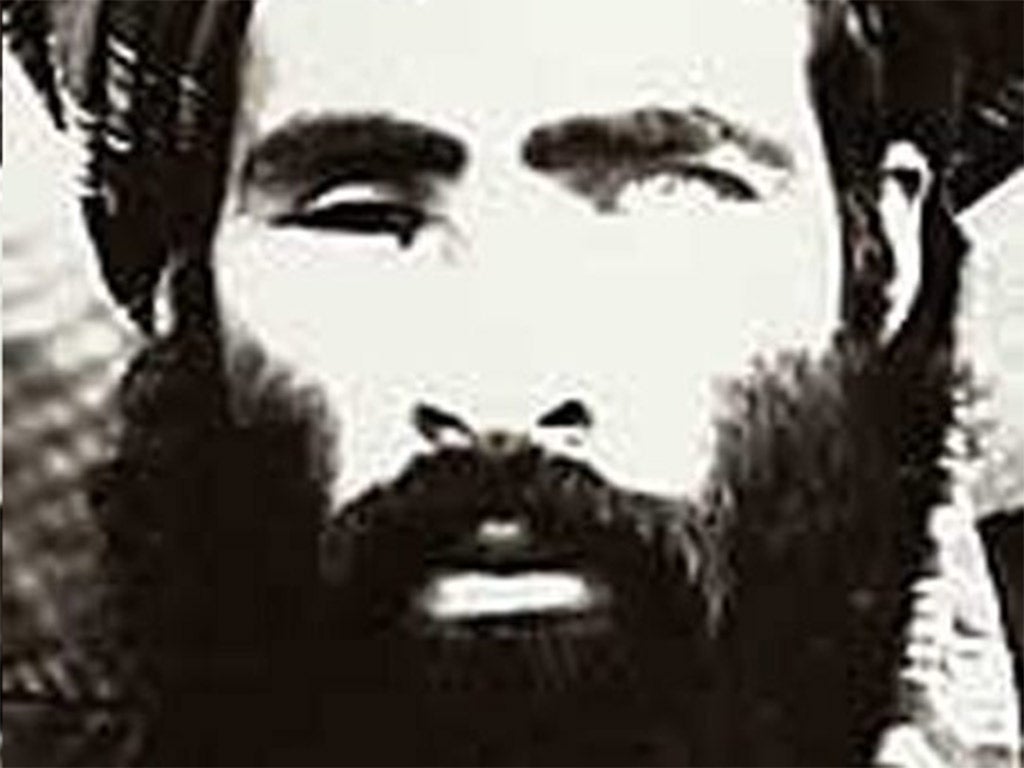Afghan Taliban political chief resigns as succession crisis deepens
Syed Mohammad Tayab Agha says decision to hide the previous leader's death was a 'historic mistake'

Your support helps us to tell the story
From reproductive rights to climate change to Big Tech, The Independent is on the ground when the story is developing. Whether it's investigating the financials of Elon Musk's pro-Trump PAC or producing our latest documentary, 'The A Word', which shines a light on the American women fighting for reproductive rights, we know how important it is to parse out the facts from the messaging.
At such a critical moment in US history, we need reporters on the ground. Your donation allows us to keep sending journalists to speak to both sides of the story.
The Independent is trusted by Americans across the entire political spectrum. And unlike many other quality news outlets, we choose not to lock Americans out of our reporting and analysis with paywalls. We believe quality journalism should be available to everyone, paid for by those who can afford it.
Your support makes all the difference.The head of the Afghan Taliban’s political arm has resigned over growing divisions in the wake of its longtime leader’s death.
Syed Mohammad Tayab Agha, announced he was stepping down from running the group’s political office, set up to negotiate any peace deal, from Qatar on Tuesday.
Agha said he considered the decision to conceal the death of the group’s leader, Mullah Mohammad Omar, for more than two years a “historic mistake by the individuals concerned”.
In a statement, he criticised the decision to appoint Omar’s deputy Mohammad Akhtar Mansour saying: “Now, as the leader is appointed outside the country and from the people who are residing outside the country is also considered as a great historical mistake.
He believes the leader should be appointed "in presence of the courageous mujahideen in their strongholds inside the country".
It is the latest blow to Mansour’s control of the militant group after Omar’s own brother criticised his appointment.
The group released a statement on Tuesday urging its followers to disregard “enemy propaganda” about internal divisions and unite behind their new leader.
It said: "We have tried our best to distribute materials through our official websites, Facebook, Twitters accounts, cellphone messages and other means, but enemy spies are constantly suspending and restricting our access.
"So help us in this regard by sharing and distributing all materials as widely as possible.”

Afghan border police told the Independent last week that local district leaders were unsure who to follow.
One said: “They don’t know who their leaders are.
“The Taliban are worried and confused. They are not fighting they are just talking on the radio.”
It comes as letters seen by the Independent in the past nine months show that two senior Taliban figures, Mullah Mansour Dadullah and Mullah Abdul Qayum Zakir had written to followers urging them to rebel against Mansour.
Additional reporting by Reuters and AP
Join our commenting forum
Join thought-provoking conversations, follow other Independent readers and see their replies
Comments